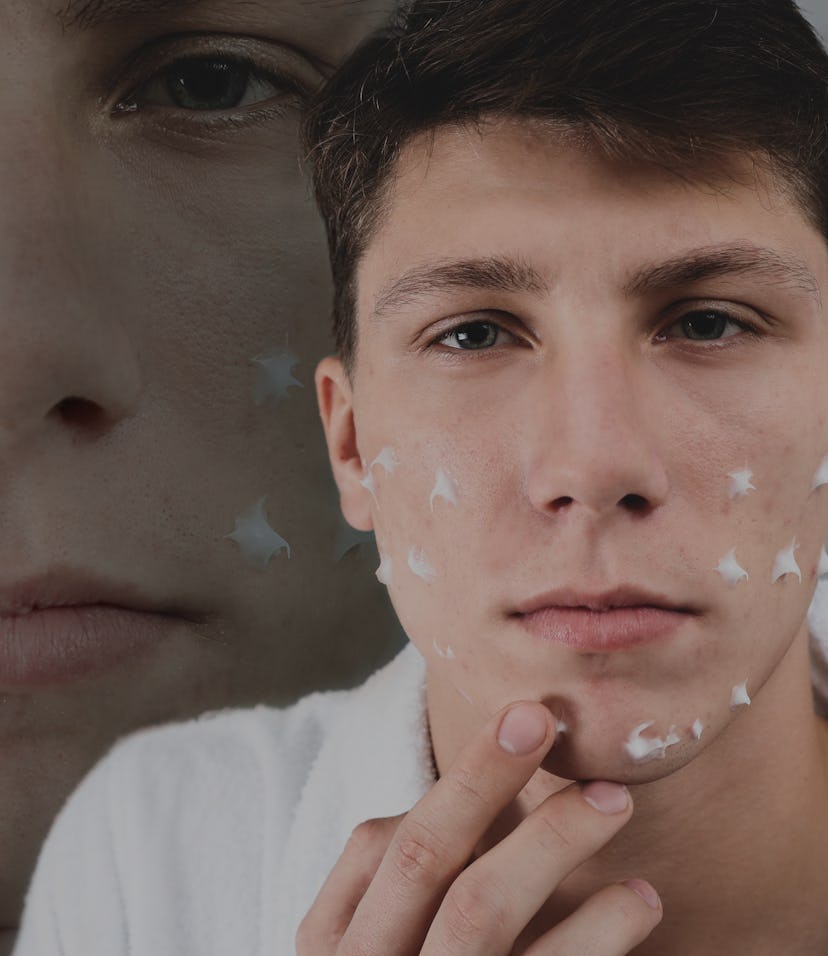Tech
Oculus recalls millions of foam face shields that caused rashes for some
Parent company Facebook is offering a free silicon cover for the face shields beginning next month and halting sales until they're ready.

Back in December, Oculus noted a small number of Quest 2 owners were reporting skin irritation and rashes where their faces came into contact with the VR headset’s foam face shield. After a few months of investigation, researchers found that reactions were non-threatening and minor, but the company has unsurprisingly still decided to issue a voluntary recall in cooperation with the U.S. Consumer Product Safety Commission (CPSC) of the “Oculus Quest 2 removable foam facial interface,” and is providing Quest 2 and Fit Pack purchasers a free replacement silicone covering.
That’s the good news. The bad news (apart from a Zuckerberg-owned virtual reality headset that all-but-requires a Facebook account to use): Oculus is temporarily halting the production of its Quest 2 line for a few weeks while it moves to standardize the silicone face mask covering for all future products. In a statement, Oculus and Facebook also note that they will be taking this chance to discontinue the 64GB model, and will now only offer a 128GB version for the same $299.
Anyone interested in obtaining the silicone covering can head over to Oculus’ official announcement page for the step-by-step instructions on how to get one. Meanwhile, we’ll continue holding in our laughter at the news that, for all intents and purposes, Facebook is so objectional it’s just straight-up giving people an allergic reaction now.
UPDATE: Facebook asked that we clarify the cases are rare and not dermatologically dangerous. "Expert dermatologists have advised us that this is not an allergic reaction (meaning it’s not systemic or life threatening), and in the vast majority of the cases, the reaction self-resolves without medical attention, and with no lasting effects."
A potentially expensive course correction — Given that Oculus has sold somewhere between 2.5 and 4 million Quest 2 headsets, this could add up to become a relatively pricey fix for the company — and while Oculus is by no means struggling, its recent attempts to generate additional revenue via in-game advertisements haven’t exactly gone over well with its customer base.
For those of you looking for additional ways to get around forking over even more of your money to Oculus — and, by extension, Facebook — we humbly suggest you try out this Android app that allows you to sideload games to your Quest 2 without using the Oculus store. We even went so far as to create a handy how-to on the subject, to make things that much easier for you.
Of course, there’s also the whole “jailbreaking” route one could take, although with recent executive orders from President Biden, that may be less necessary in the near future.